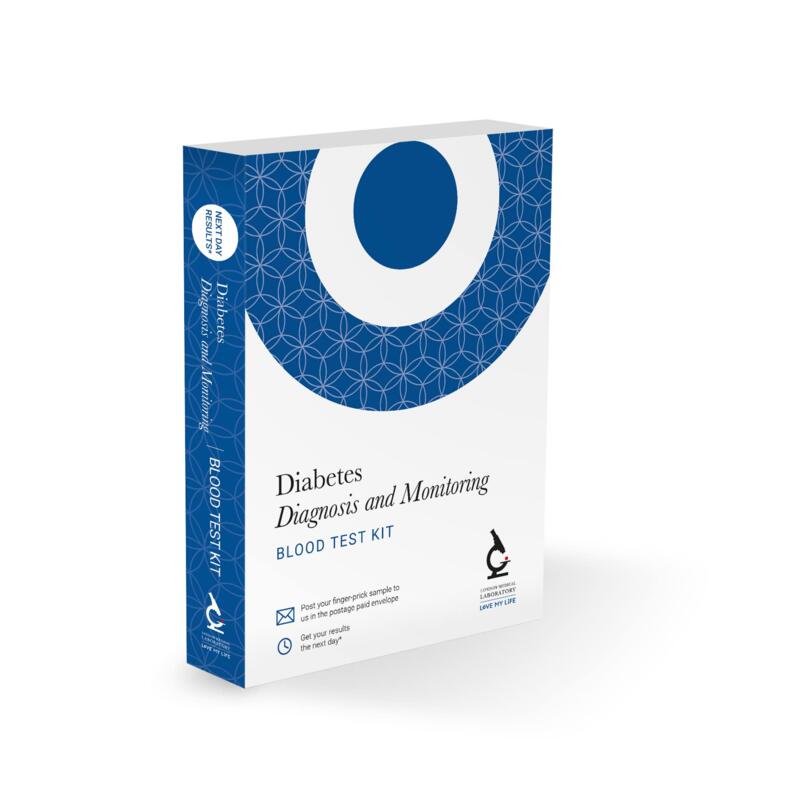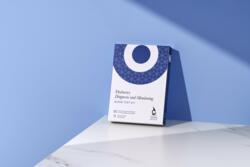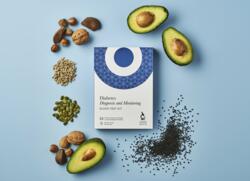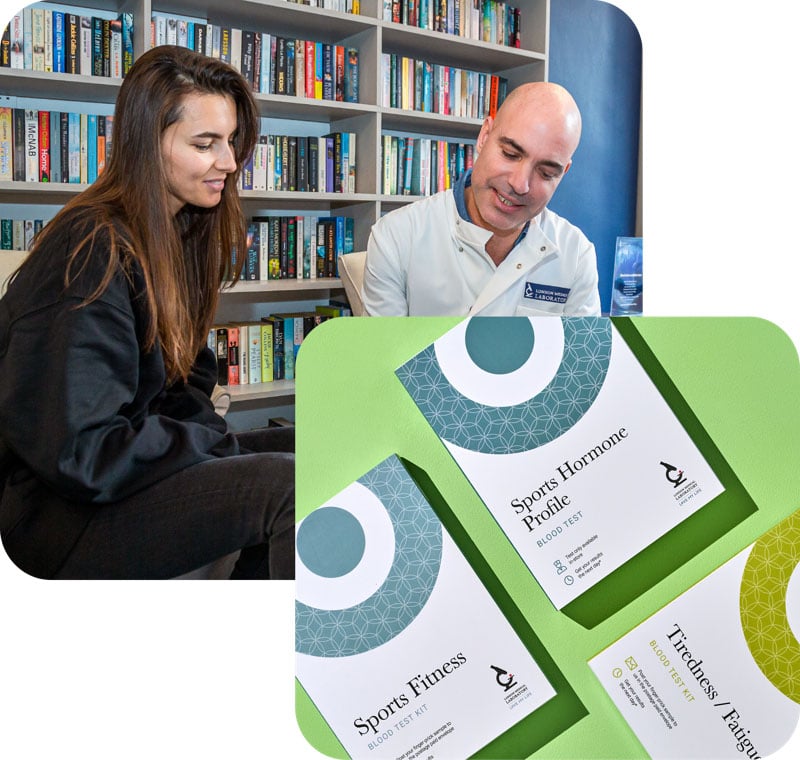What can I expect from Diabetes - Diagnosis and Monitoring (HbA1c)?
Undiagnosed, untreated diabetes mellitus will shorten your life by years and cause a lot of misery in the meantime.
Diabetes results in excess glucose (sugar) in the blood which damages small blood vessels. This in turn damages virtually every other organ and system in the body.
Insulin, which is produced by the pancreas, takes sugar out of the blood and deposits it inside our cells where it is supposed to be.
Type 2 diabetes accounts for 90% of diabetes and is caused by the body not responding to insulin in the way it should. This type is caused by a combination of lifestyle and genetic factors and is notoriously difficult to diagnose from symptoms, and very often is present for several years before treatment starts.
Type 1 diabetes is 10% of diabetes cases. This is caused by the body attacking its own pancreas due to an autoimmune process and stopping it from producing any insulin.
Diabetes can be treated but you need to know whether you have it of not. By far the best way to check whether you have diabetes or not is with a blood test. It can take on average up to 2 years before people find they have Type 2 diabetes from symptoms and a lot of damage is being quietly done to the body in that time that could be avoided if they knew.
There are over a million people in the UK who do not know they already have Type 2 diabetes and are steadily damaging their bodies without knowing about it.
Over 3.9 million people do know they have diabetes and need their HbA1c levels checked every few months to monitor how they are managing their condition.
This is a potentially life-saving test.
Not knowing you have diabetes, or not managing the diabetes you do know about will shorten your life but on the other hand, knowing, treating and monitoring will go along to improving your wellness and longevity.
























